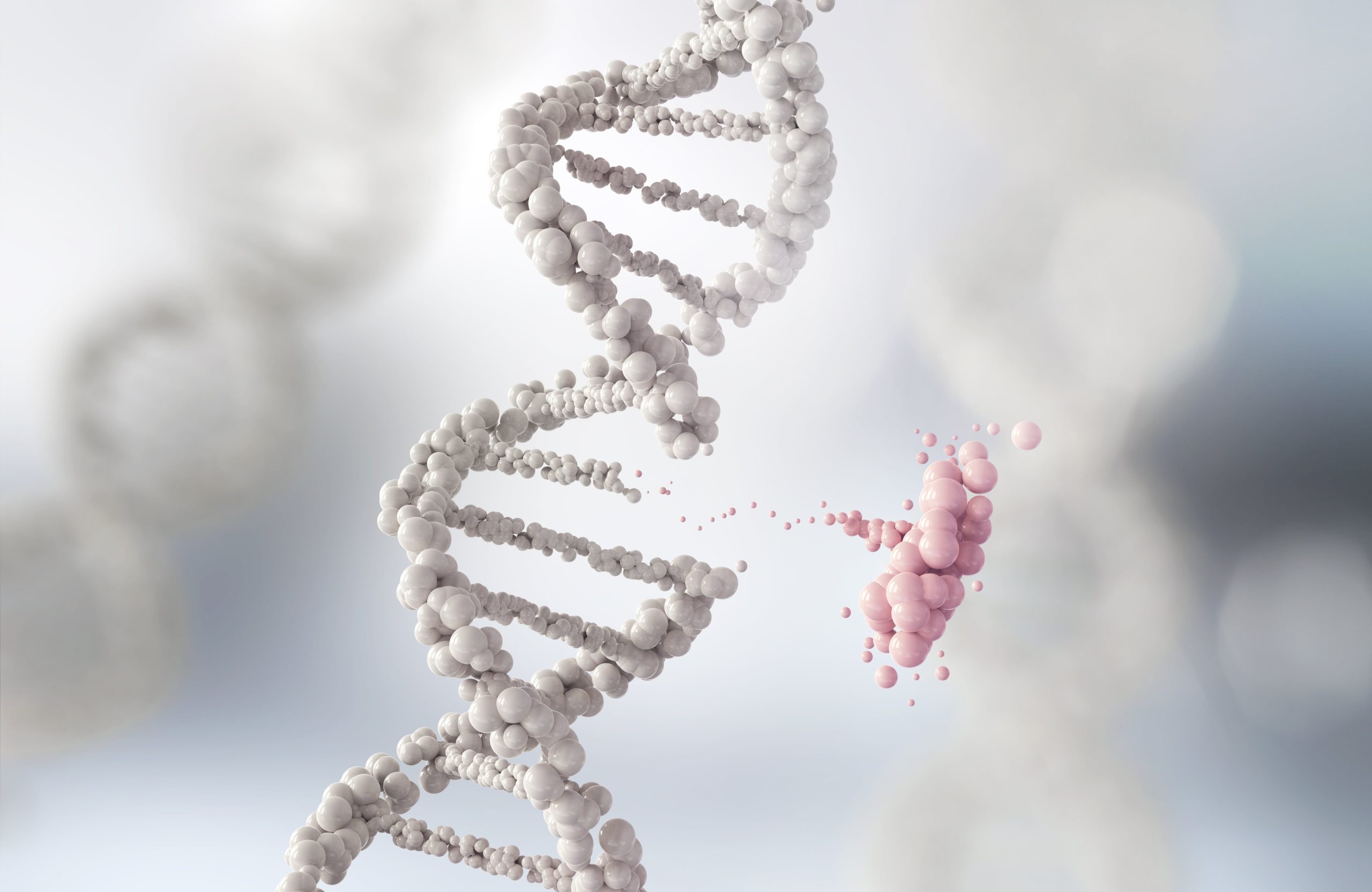
Patients with myelodysplastic syndromes (MDS) with deletion 5q (del5q) and one additional non-del20q cytogenetic abnormality are at higher risk than those with isolated del5q, according to research presented at the 2022 American Society of Hematology Annual Meeting and Exposition.
In a retrospective study involving 857 MDS patients with a karyotype of isolated deletion 20q (del20q) or any karyotype involving del5q, researchers from the University of Texas MD Anderson Cancer Center found that patients with del5q and an additional cytogenetic abnormality (del5q+1) had significantly inferior overall survival (OS), a higher risk of acute myeloid leukemia (AML) transformation, and a significantly shorter time to AML transformation than del5q alone.
These differences are in contrast to current cytogenetic risk classification under the revised International Prognostic Scoring System (IPSS-R), which considers patients with del5q, del20q, and del5q+1 to all have good cytogenetics, similar to those with a normal karyotype, according to the researchers.
As a result, “more aggressive management may be warranted in this population [with del5Q+1],” wrote the researchers led by Robert Briski, MD.
The study included patients seen at the tertiary cancer center between 1987 and 2021 and those who had been followed for a median of two years.
When compared with isolated del5q, del5q+1 had statistically inferior median OS (P=.0047), a higher risk of AML transformation (P=.098), and a significantly shorter median time to AML transformation (P<.0001). See TABLE 1 for all outcomes.
There were no statistically significant differences in median OS or AML transformation between the del20q cohorts and del5q cohorts. However, del20q patients were significantly less likely to transform to AML when compared to del5q+1 patients (P=.0035).
| TABLE 1. Outcomes in MDS Patients by Karyotype | ||||
| Del5q
(n=147) |
Del20q
(n=160) |
Del5q + del20q (n=8) | Del5q + 1
(n=78) |
|
| Median OS | 3.87 years | 2.63 years | (not reached) | 1.78 years |
| Patients transforming to AML | 24 (16%) | 17 (11%) | 0 | 20 (26%) |
| Median time until AML transformation | 3.46 years | 2.13 years | n/a | 1.07 years |
The low number of patients with del5q and concomitant del20q limited the evaluation of OS and risk of AML in this cohort, according to the researchers. Although the median OS for the eight patients with del5q + del20q was not reached, the median follow-up of 2.67 years suggests, however, that their OS is better than those with del5q+1, which had a median OS of 1.78 years.
“Though rare, patients with del5q+del20q may have better clinical outcomes than those with del5q+1, warranting further investigation into this group of patients,” the authors noted.
Reference
Briski RE, Chien KS, Montalban-Bravo G, et al. Del5q with one additional cytogenetic abnormality other than del20q identifies a higher risk population of MDS patients. Abstract #1758. Presented at the 64th American Society of Hematology Annual Meeting, December 10-13, 2022; New Orleans, Louisiana.






 © 2025 Mashup Media, LLC, a Formedics Property. All Rights Reserved.
© 2025 Mashup Media, LLC, a Formedics Property. All Rights Reserved.